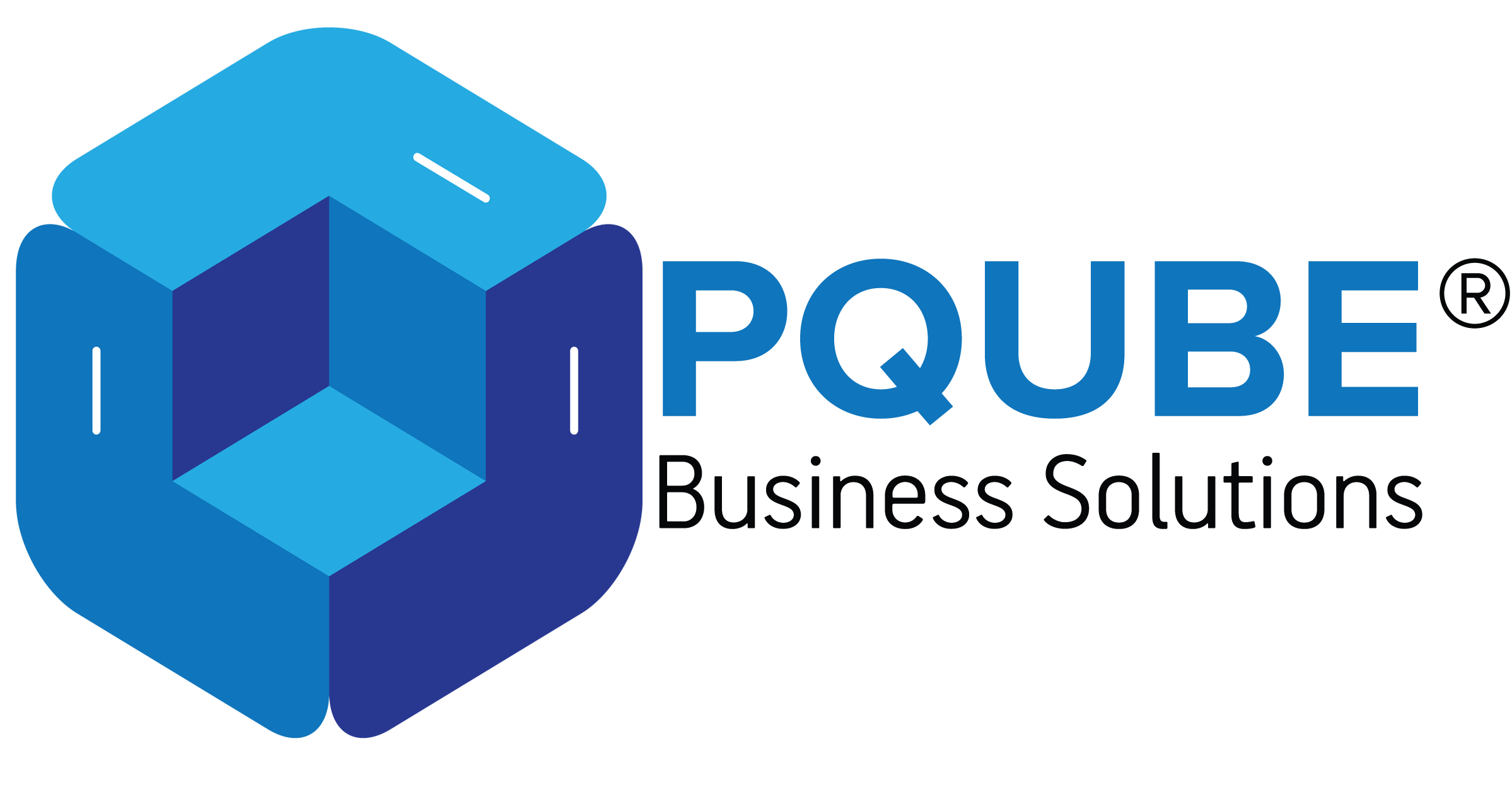Cloud computing has transformed the way businesses function by providing scalable and flexible IT solutions.
The future of cloud computing contains tremendous potential and promises even greater improvements as technology continues to evolve.
In this blog article, we will look at emerging patterns and make predictions about what the future of cloud computing holds.
Edge Computing: Bringing the Cloud Closer
Edge computing is gaining popularity as a complement to cloud computing.
Edge computing minimizes latency and increases real-time decision-making capabilities by bringing processing capacity closer to the source of data production.
This trend is expected to continue as more Internet of Things (IoT) devices come online, generating vast amounts of data that must be properly processed.
The cloud will continue to be critical in handling and interpreting massive volumes of data generated by edge devices.
Advantages of Edge Computing
Reduced Latency:
Edge computing brings data processing closer to the source, minimizing the time it takes for data to travel, resulting in faster response times.
Bandwidth Optimization:
By processing data at the edge, only relevant information is sent to the cloud, reducing bandwidth consumption and costs.
Enhanced Security:
Edge computing allows sensitive data to be processed locally, reducing the risk of data breaches and ensuring privacy.
Offline Operation:
Edge devices can continue to function even when disconnected from the cloud, enabling uninterrupted operations in remote or unreliable connectivity environments.
Real-Time Decision-Making:
By processing data at the edge, immediate insights and actions can be taken, enabling real-time decision-making and improving operational efficiency.
Hybrid Cloud: The Best of Both Worlds
In recent years, hybrid cloud architectures that include private and public cloud infrastructures have gained popularity.
This method provides businesses with the best of both worlds, harnessing the scalability and cost-effectiveness of public clouds while maintaining control and security via private clouds.
The hybrid cloud approach will grow even more popular in the future as enterprises look for a balance between on-premises and cloud-based solutions.
Multi-Cloud Strategies: Flexibility and Redundancy
Multiple cloud providers are used in multi-cloud solutions to disperse workloads across different platforms.
This method provides greater flexibility, scalability, and redundancy.
Multi-cloud methods will become the standard as businesses become more concerned about vendor lock-in and seek to avoid single points of failure.
To leverage the benefits of this approach, effective administration and orchestration of many cloud environments would be required.
Advantages of Multi-Cloud Strategies
Increased Flexibility:
Multi-cloud strategies allow businesses to select the best cloud services from different providers based on their specific needs.
This flexibility enables organizations to leverage the unique features and capabilities offered by each cloud provider.
Redundancy and High Availability:
By distributing workloads across multiple cloud platforms, businesses can ensure high availability and minimize the risk of service disruptions.
If one cloud provider experiences an outage, workloads can seamlessly fail over to another provider, reducing downtime and ensuring business continuity.
Cost Optimization:
Multi-cloud strategies allow optimizing costs by selecting the most cost-effective cloud services for different workloads.
Businesses can take advantage of competitive pricing and avoid vendor lock-in, enabling them to leverage the benefits of cost-efficient cloud services.
Performance Optimization:
Different cloud providers may have data centers located in different geographical regions.
By leveraging multi-cloud strategies, businesses can strategically distribute workloads to the cloud provider that offers the best performance for specific regions.
This optimization can lead to reduced latency and improved overall application performance.
Risk Mitigation:
Relying on a single cloud provider introduces the risk of vendor lock-in and potential vulnerabilities.
Multi-cloud strategies diversify the risk by avoiding dependence on a single provider.
This approach ensures that businesses have more negotiating power, maintain control over their data, and are not subject to the limitations of a single cloud ecosystem.
Compliance and Data Sovereignty:
Some organizations operate under strict regulatory frameworks that require specific data handling practices or data storage within certain jurisdictions.
Multi-cloud strategies allow businesses to select cloud providers that meet their compliance requirements and ensure adherence to data sovereignty regulations.
Innovation and Vendor Differentiation:
By embracing multi-cloud strategies, businesses can leverage the unique services and innovations offered by different cloud providers.
Each provider has its own set of specialized offerings, such as AI/ML services, analytics platforms, or IoT capabilities.
Leveraging multiple providers enables organizations to tap into a wider range of cutting-edge technologies and gain a competitive edge.
Scalability and Elasticity:
Multi-cloud strategies provide businesses with the ability to scale their infrastructure and applications dynamically.
By distributing workloads across multiple cloud platforms, organizations can take advantage of each provider\’s scalability and elasticity capabilities, ensuring that resources are allocated efficiently and effectively.
By adopting multi-cloud strategies, businesses can harness the advantages of different cloud providers, optimize costs, enhance performance, mitigate risks, and drive innovation.
The future of cloud computing lies in the power of multi-cloud, and PQube is here to guide you in unlocking its full potential for your organization.
Serverless Computing: Focus on Business Logic
Serverless computing, sometimes referred to as Function-as-a-Service (FaaS), abstracts away the underlying infrastructure, allowing developers to concentrate simply on building and distributing code.
Businesses can use serverless architecture to automatically scale their apps, pay only for real usage, and save operational costs.
This trend will gain traction, allowing firms to reduce development processes, boost agility, and promote innovation.
Artificial Intelligence (AI) and Machine Learning (ML) in the Cloud
AI and machine learning are revolutionizing businesses across the board, and cloud computing is the ideal platform for their implementation.
Cloud-based AI and ML services enable enterprises to take advantage of powerful algorithms and massive processing power without incurring large upfront costs.
As AI and machine learning continue to advance, the cloud will become increasingly important in helping enterprises to extract useful insights from data, automate processes, and improve decision-making capabilities.
Enhanced Security and Privacy Measures
As cloud adoption rises, so does anxiety about data security and privacy. Cloud service providers are heavily investing in improving security measures to protect sensitive data.
To address these challenges, advanced encryption, identity and access management, and improved compliance frameworks are being developed.
We should expect tougher rules, improved security standards, and increased transparency in the future to give businesses greater piece of mind when it comes to cloud-based operations.
Conclusion: Embrace the Future with Pqube
The future of cloud computing holds tremendous opportunities for businesses seeking to scale, innovate, and stay competitive.
To harness the power of these emerging trends, it is essential to partner with a reliable and experienced IT solutions company.
At PQube, we specialize in providing cutting-edge cloud computing solutions tailored to meet your unique requirements.
With our expertise in cloud architecture, migration, and management, we can help your organization embrace the future of cloud computing.
Our team of skilled professionals will guide you through the complexities of edge computing, hybrid cloud integration, multi-cloud orchestration, serverless architecture, and AI/ML deployment.
Our commitment to security ensures that your sensitive data is protected and compliant with industry standards.
We stay up to date with the latest security measures and continuously monitor and mitigate risks to give you peace of mind.
Don\’t let your business be left behind in this era of rapid technological advancements.
Partner with PQube and unlock the full potential of cloud computing to transform your organization.
Contact us today to embark on an exciting journey into the future of cloud computing.
Remember, the future is now, and at PQube, we are ready to help you seize it!










